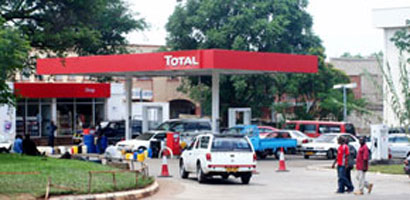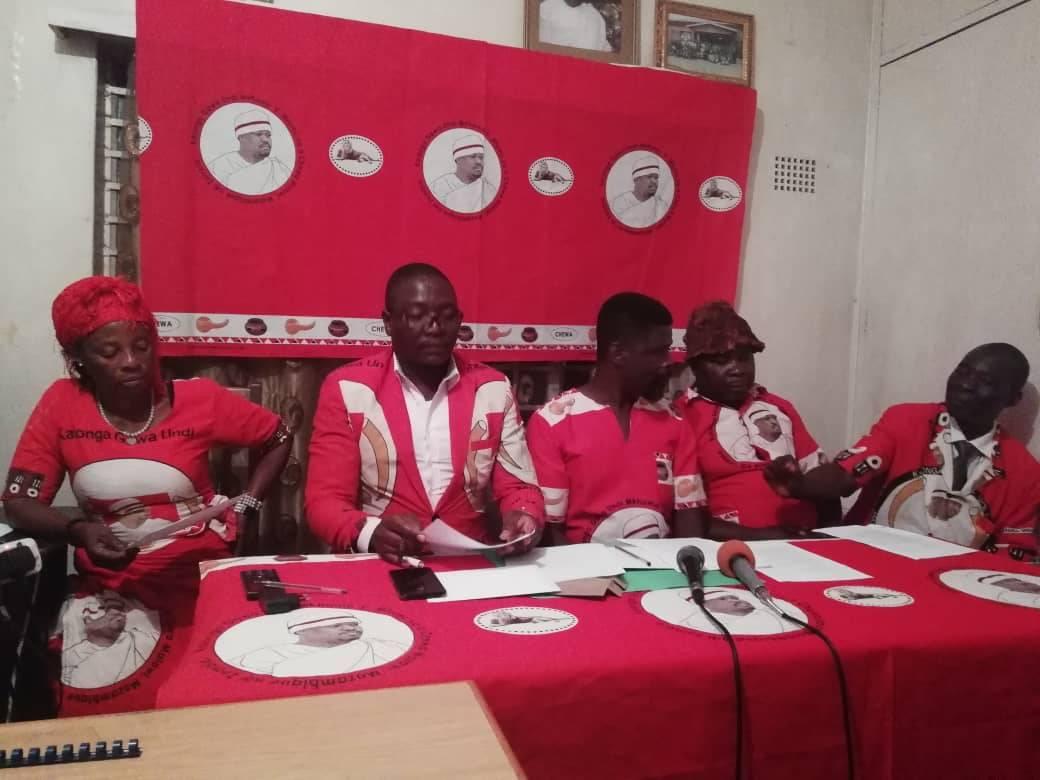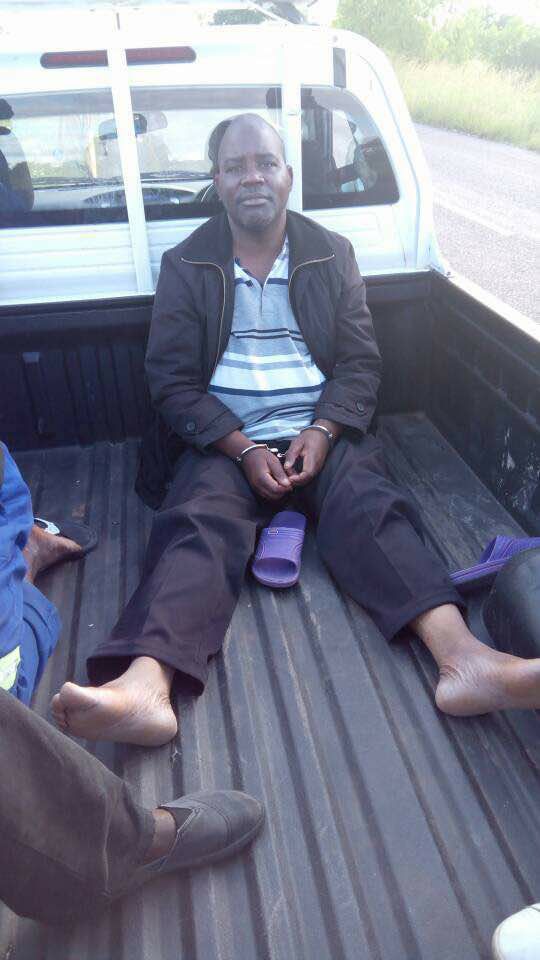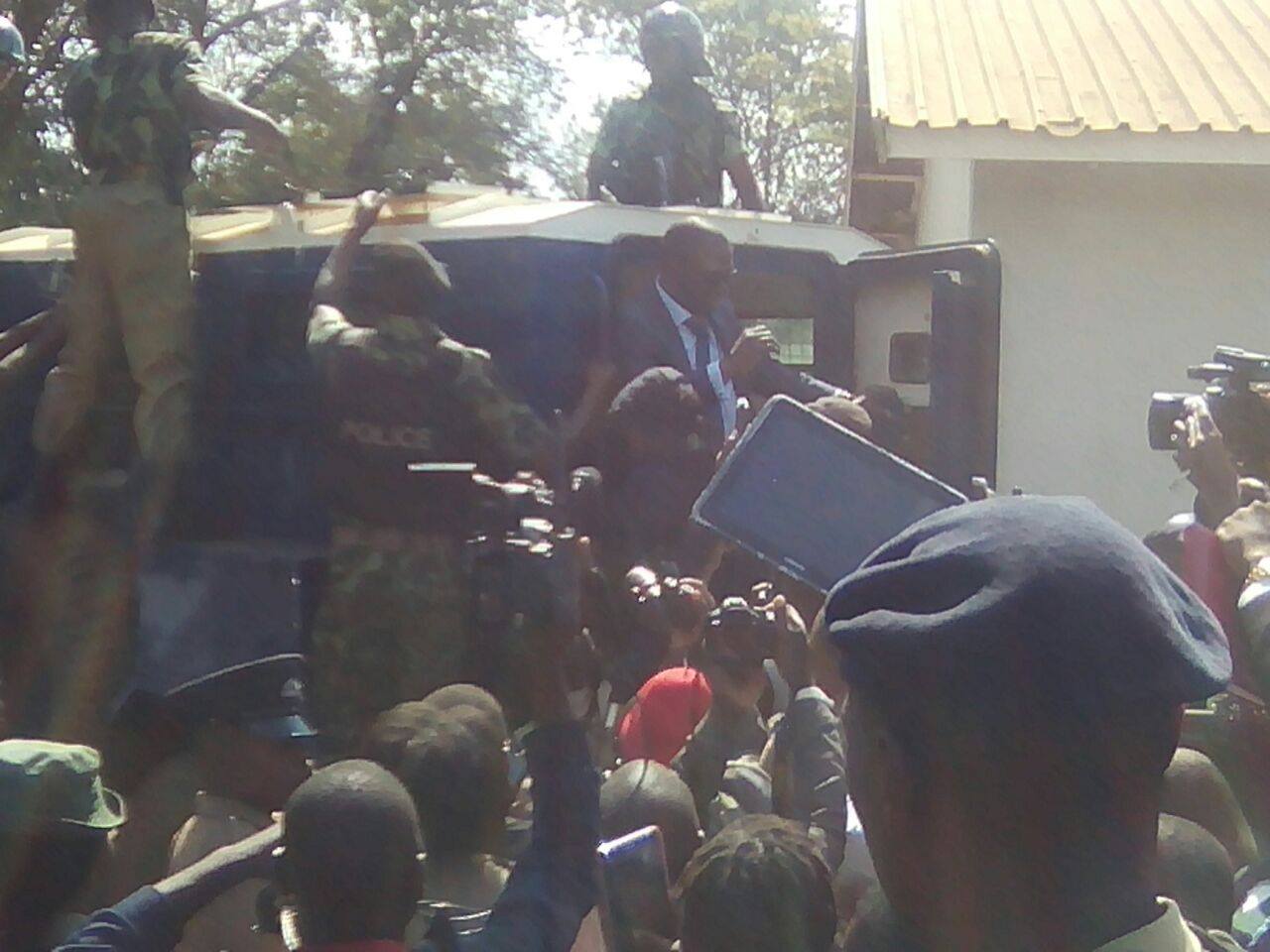Cars snaked around the petrol station and back down a dusty street in Mzuzu, a town in northern Malawi. Pedestrians armed with jerry cans patiently formed another line. “I’ve been here three hours, and spent three days before that looking for a queue to join,” said Lloyd, a young chauffeur, his feet resting on his dashboard as he waited for petrol tankers to offload.
Petrol stations across this south-east African country of 16m are either eerily empty or jam-packed. Malawi is once again suffering fuel shortages and supplies come in fits and starts. Economic problems are to blame. The government has failed to balance the books which means that foreign reserves, which it needs buy petrol, are running low. Several years ago this led petrol companies to default on payments. “The credit rating has dropped so companies that supply fuel are demanding cash payments,” says Henry Kachaje, an economic analyst.
The shortages add to already abundant fuel-inspired grumbles in a country where average incomes hover at around $270. In 2012 the government ended a hefty subsidy on petrol. The price rose—in December it cost 610 kwacha ($1.85) a litre—beyond the reach of many and causing public transport fares to rise. Malawians are having to adapt: some have parked their cars and are walking or using pubic transport. Others are buying fuel from a flourishing, though pricy, black market.
Some government officials swore that 2012 would be the last for fuel shortages, but no one is holding their breath. “It is so bad for business, not just for drivers but also for businessmen,” says Lloyd. Some are cautioning that road-building will have to be put on hold. Shortages in 2010 and 2011 hit the economy hard. Malawi cannot afford for that to keep happening.





No comments! Be the first commenter?